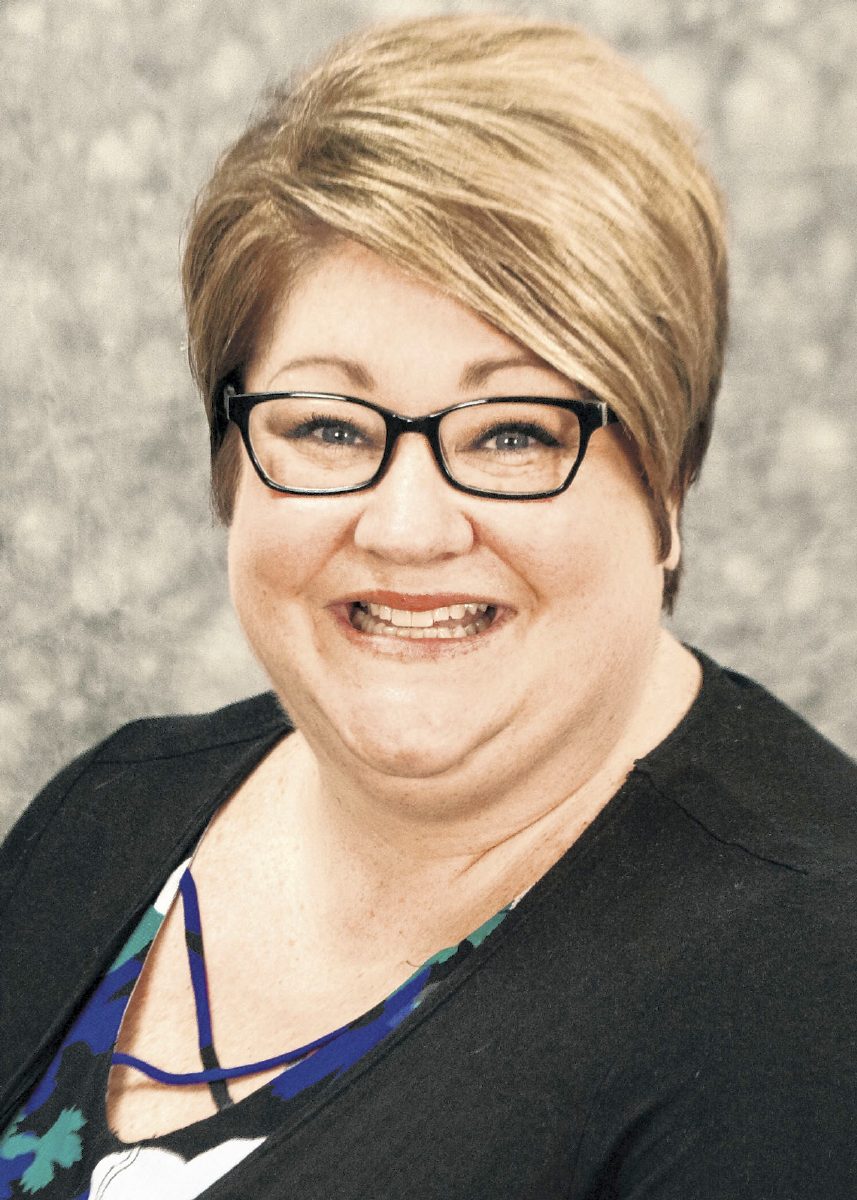Franklin Community Schools’ first mental health director will start her job this fall, bringing years of experience in helping children to the position.
Kimberly Spurling will continue to serve as the district’s homelessness liaison, connecting students and their families to community resources when they don’t have a permanent address.
In her new position, she’ll be in charge of implementing a strategic plan to address mental health and behavioral support programming at Franklin schools. She’ll act as the mental health liaison for the district when talking to mental health providers and local groups such as Franklin police and fire, Franklin city government and Johnson Memorial Hospital.
Spurling, who will be paid $80,000 per year to be mental health director, will also oversee professional development for staff when it relates to helping students who may have mental health issues. Although she’ll collaborate with and direct counselors who work with students in the district, school administrators haven’t decided yet if those counselors will be hired as employees of Franklin schools or if they’ll be contracted from outside mental health agencies to work with students.
Much of that decision making will come from visiting other school districts and seeing what has worked for them, Spurling said.
The common denominator between her previous and future work is her experience in social work, helping children who are in difficult situations, she said.
“All I’ve ever wanted to do since I graduated from college with a master’s in social work was to make an impact on the community in which I work and live,” Spurling said. “I’m going to be able to impact the community in the broader way of being able to touch the lives of 5,000-plus students. All I’ve ever wanted to do was improve the lives of children and help them be successful in the future. Now I have the opportunity to do that on a broader scale.”
Along with being the community outreach coordinator and the homelessness liaison at Franklin schools since 2013, Spurling served as the executive director of KIC-IT, an organization for homeless youth and young adults in Johnson County, since 2014. KIC-IT has recently proposed building a three-story 48-unit apartment complex in Franklin as transitional housing with on-site services for homeless teenagers and young adults.
Spurling was also involved in implementing and overseeing No Place to Call Home starting in 2016, an initiative of the United Way of Johnson County that connects homeless families to community resources to help those families improve their situations, according to a news release from Franklin schools. As mental health coordinator, Spurling will no longer be involved with those organizations but will still connect students with them as the homelessness liaison, she said.
“Kim is a wonderful advocate for children in our community,” Superintendent David Clendening said in a news release. “Her passion for building relationships, both in the school and out in the community, will assist in developing Franklin Schools’ mental health programming. We are excited for this journey and know that she will help drive our guiding principal of individual student growth for kids.”
Adding a mental health director is part of a strategy Franklin schools is able to achieve since voters approved a tax hike last year. Voters in Needham, Franklin and Union townships approved a ballot question in May asking them to raise property taxes by 23 cents for every $100 of assessed property value.
Through that property tax hike, Franklin schools expects to collect $3.5 million every year for eight years starting in June. The district will use the money to increase mental health services at its schools, as well as the salaries of teachers and support staff.
Clark-Pleasant has also added a mental health coordinator this year, funded with new tax dollars that voters OK’d.
At Whiteland schools, the new director is in charge of not only creating plans to prevent student suicides in the district, but conducting child sexual abuse training and other training for counselors and support staff, networking with mental health providers in the community and researching and applying for mental health grants.





